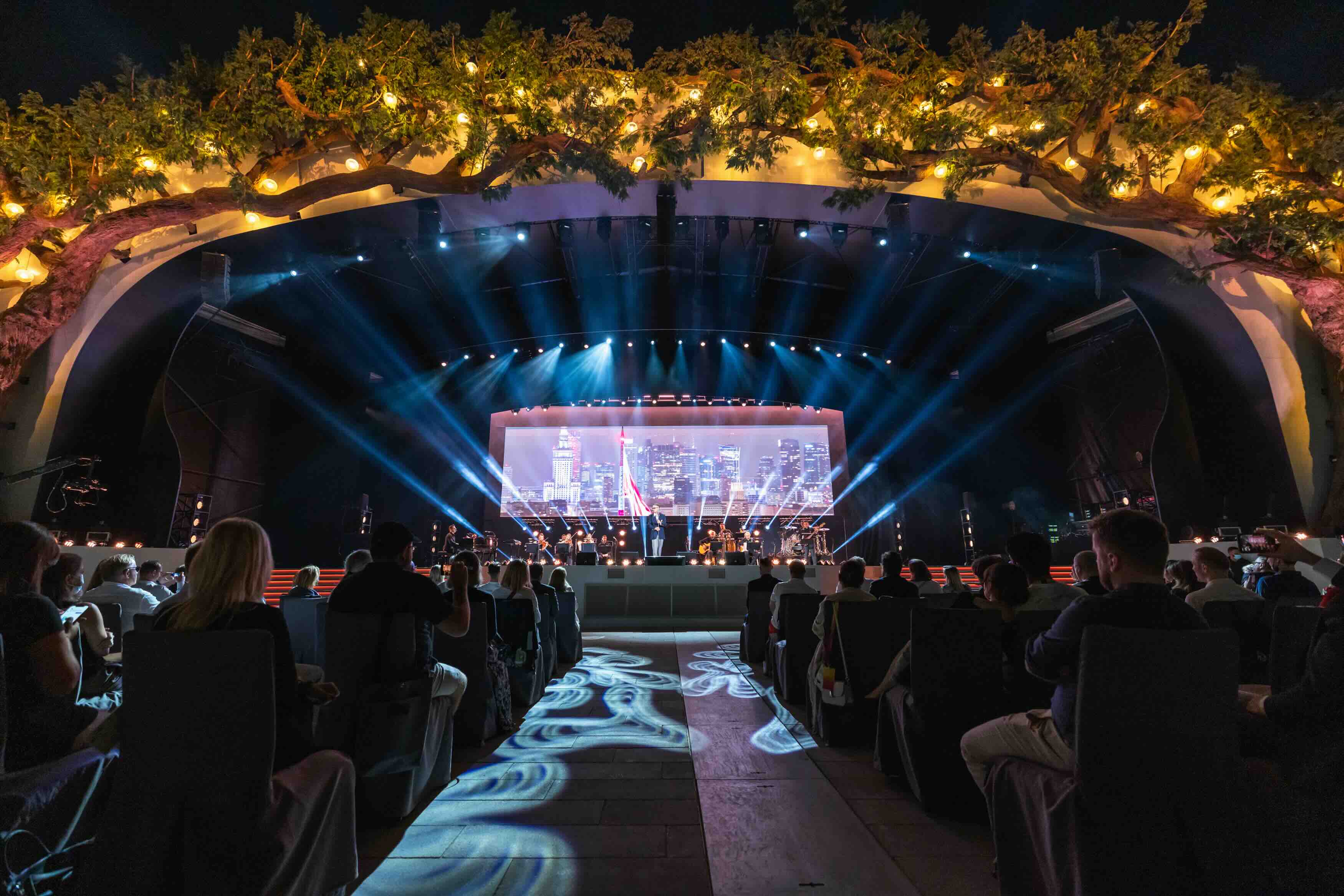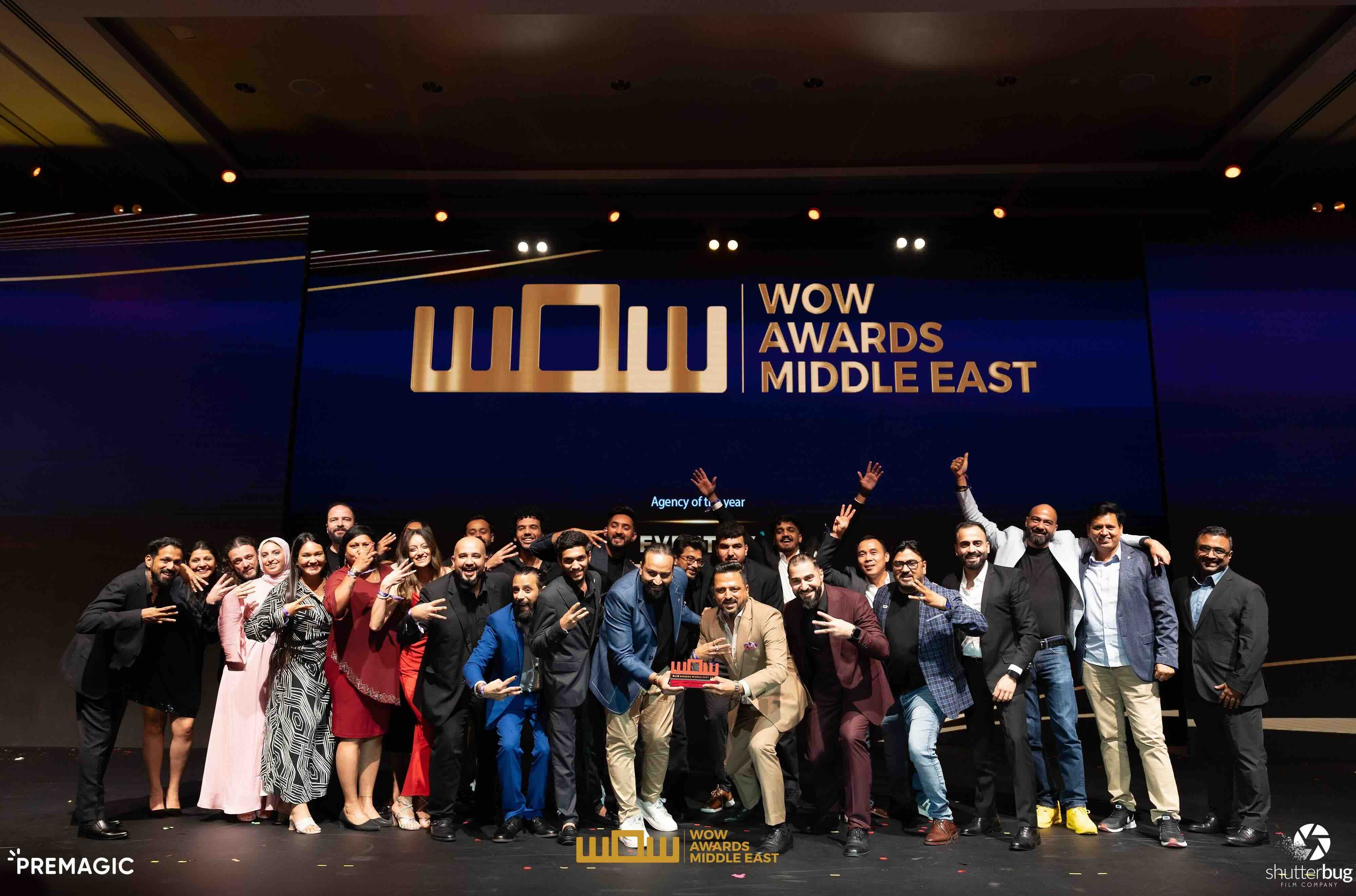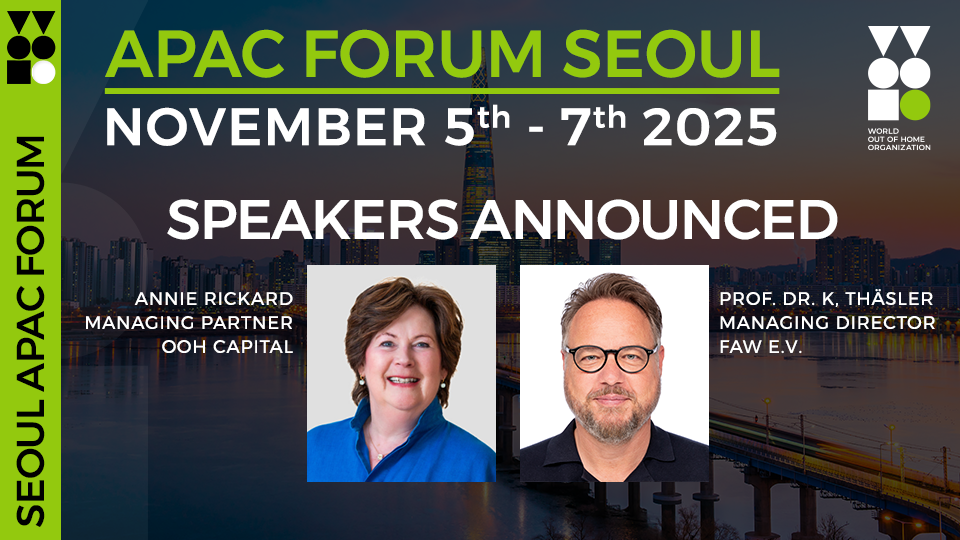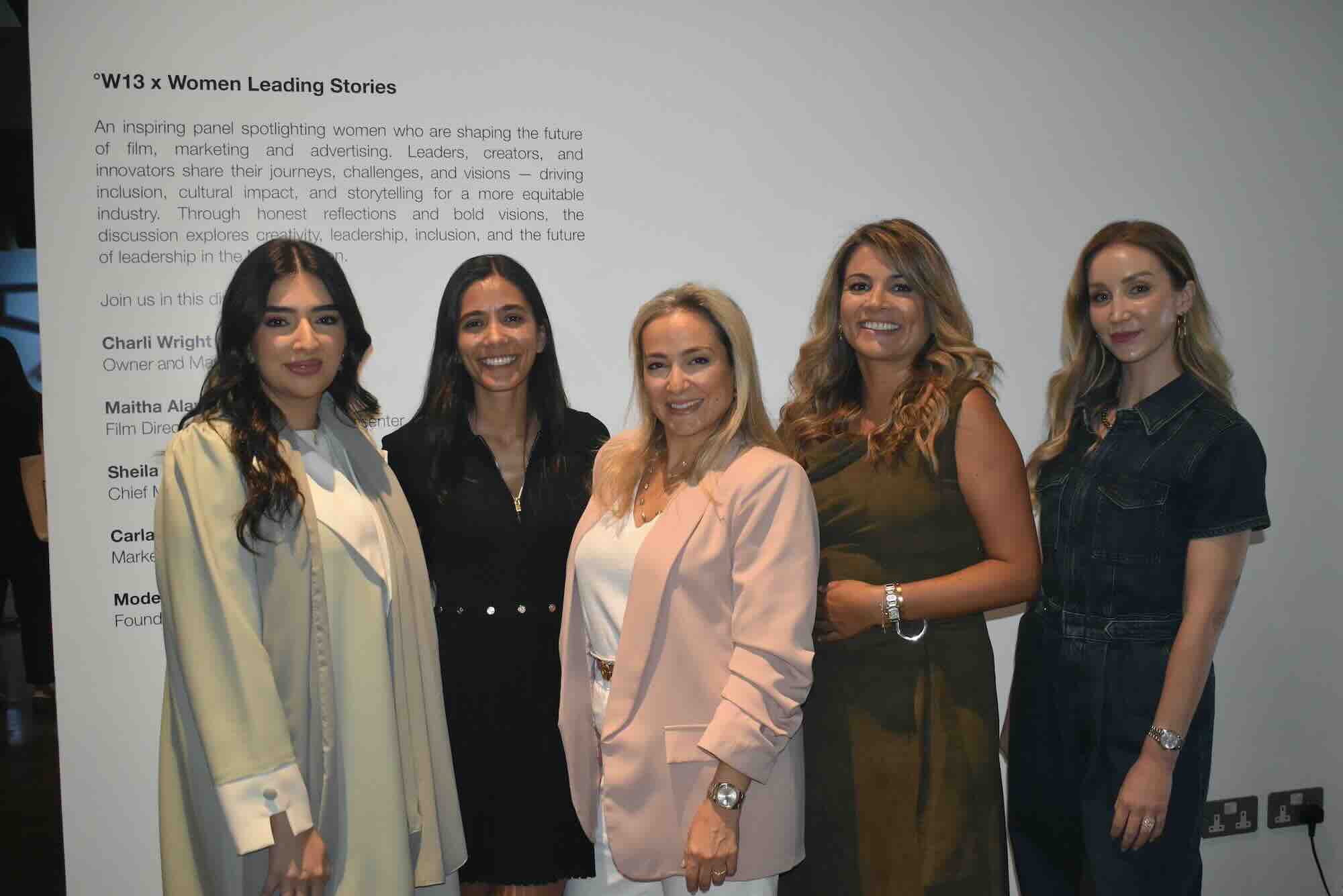News - Events
CEOs' Takeaways on Agency of the future from Ad Pulse Panel Talk
by Ghada Azzi
February 25, 2018
.jpg) Advertisement
AdvertisementGeorges Jabbour started by reminding that historically, the business was straightforward. "At the start, posters were considered a primary form of advertising. Then marketers started hiring agencies to create radio commercials, 30-second spots, and press ads… Today the internet revolution and fast changing technology present a big challenge to ad agencies. Therefore, clients' needs have changed… But it has always been the case, only this time change is faster. Simply the agency of the future is the agency who can adapt to the change."
That said, the challenge for agencies amid this leveled playing field is bringing something new to the client. "Agencies' traditional differentiator will remain their creative output. This is something that cannot be sourced from anywhere," asserted Georges Jabbour. "As a result, agencies need to step it up. We're at the stage where we need to raise the [creative] bar. We want the best creative across all consumer touchpoints. The agency will continue to service in terms of creativity but in a different way and revenues will continue to be driven from the same sources as before.
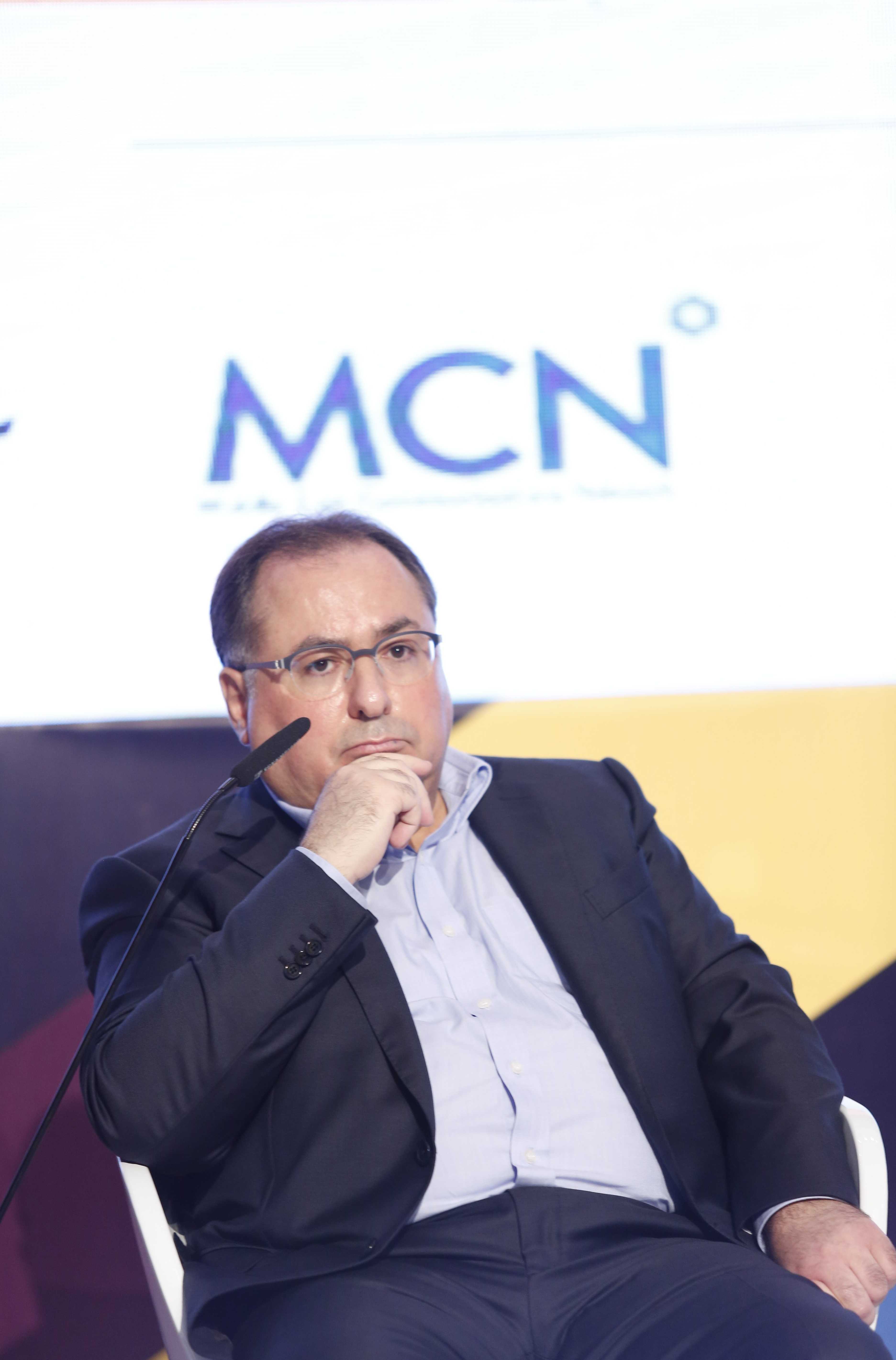
"The more we behave as consultant, our revenues will grow. The more we work as traders, revenues will shrink."--Georges jabbour
"Today however, agencies are doing a big mistake," he noted. "We are charging on time while we should charge on talents, on efficiency… We have to change our model by thinking differently and if we don't change our thinking, revenues will keep shrinking."
When asked about his views on the agency of the future, Filip Jabbour said: "First, I think we are worrying too much about labels. It's like getting your shirt out of the laundry with a lot of blood of stains on it and worry about what kind of detergents you are using rather than the fights that got you the blood…"
He went on saying, "if you ask me bluntly what the agency of the future is I can't answer you but what I do know is what agency of the present do not look like it should look. I don't think it's an endemic problem here unless we don't change. I wouldn't say that the agency is in turmoil but it definitely needs to get a new shape and format to evolve. Agencies must focus on the mindset of the consumer rather than just the message. And of course, we're going to need to be much more accountable to our clients for results, by which I mean sales."
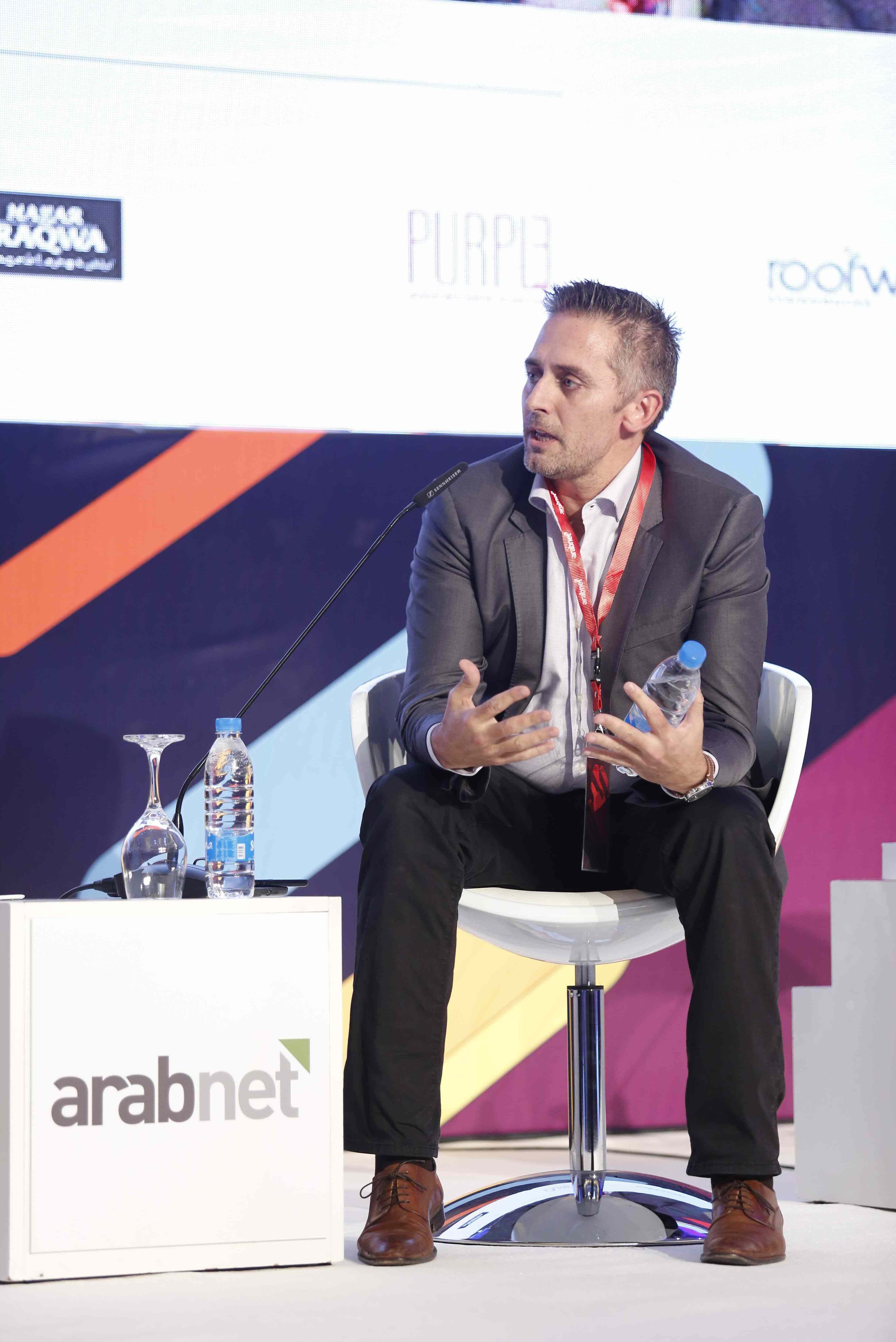
"We're going to need to be much more accountable to our clients for results, by which I mean sales."--Filip Jabbour
When asked how are clients' expectations changing, Elda Shoucair said: "Generally speaking, disruption is hitting every industry. Our clients' businesses are also under pressure not only our businesses. When you look at retail, or banking for instance, there are question marks for the future whether banks need to exist with blockchain technology, whether hotels are gonna sustain their businesses with the presence of the Airbnbs' of the world. So as clients businesses transform, we will also transform.
"Moreover, there is a huge demand today for automation on the client's side as well as on agency's side. The blockchain technology is all about that --automating companies' infrastructure completely. So what will happen if agencies are automated?"
Elda Choucair is predicting a reduction in head count in the next five to 10 years as a result of the "power of automation" and the impact of artificial intelligence on administrative roles. However, beyond the roles that can be automated, there is the data and analytics business that drives personalization, and which can't be automated, she explained. Therefore, "we will see more strategists, technologists, distribution experts and storytellers. There will be a bigger emphasis on creativity too as content won't be the same anymore with virtual reality, AR, mixed reality. Who's gonna create this kind of content? What kind of specialists are we in need for? What kind of technical skill sets do we need? It's very difficult to imagine this today since these technologies haven't picked up yet. But new roles will definitely appear in the future.
"While these technologies are about to change our lives in the coming eight years, consumer behavior will change, clients' businesses will change and we have to change as well," she added.
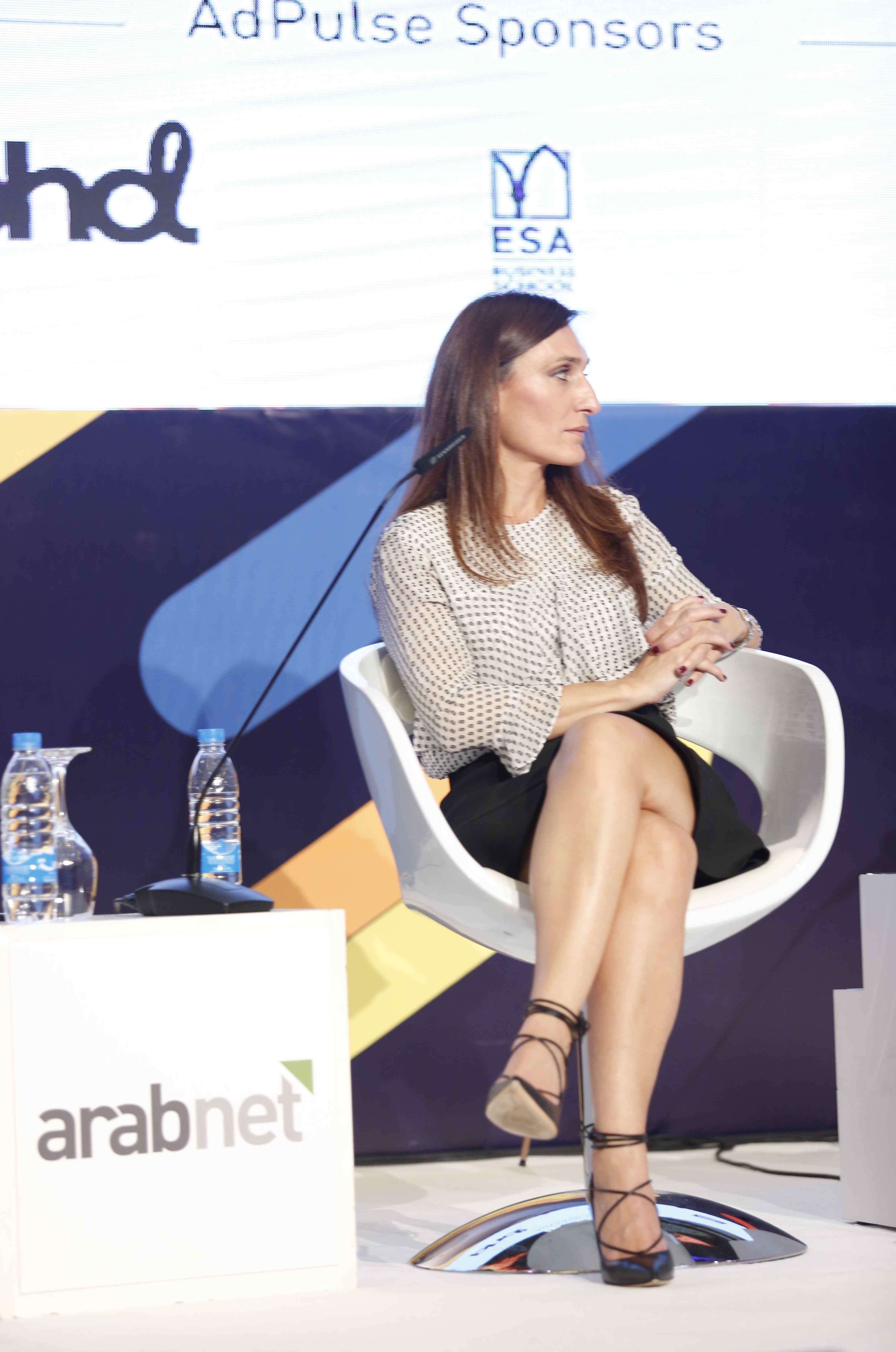
"We need to stop thinking of ourselves as agency people, we need to start thinking like consultants, advisors..."--Elda Choucair
Filip Jabbour hit on that point remarking: "The automation and technology that we need to implement is one that provides accountability for our clients because the loyalty timeline and brand building, and awareness building that we came into that industry learning how to build it, have all of a sudden shrunk and that's why in a number of cases, clients have moved, prematurely sometimes, into the former stage because this is the outcome that they can see. So we got to close the gap between showing more measurability and ROI for the business on the sale side."
While everyone was agrying that agencies need to help clients keep up with all that disruption; they need a partner to help them navigate this confusing and continually evolving mashup of business operations and marketing. They need one partner to simplify the fragmentation and data. The question that remains unanswered is, who will be that partner? Will it be the holding companies as we know them today? Will it be consultancies, a media owner, an e-tail giant or a marketing services specialist that does not exist today?
All three panelists seemed to concur that whatever form agencies take in the next five to 10 years, they must be client-centric.
Agencies need to rethink their missions and be less driven by “revenues” and more by “results for clients,” stated Elda Choucair.
"We also need to stop thinking of ourselves as agency people, we need to start thinking like consultants, advisors. If you take a step back and ask ourselves what clients need, well every time we ask ourselves this question whether now, ten years ago or in the future, we succeed. Our job is to facilitate and help clients grow. If their operations need that they do things in-house then this what we should advise them to do and facilitate it for them. And we have done this before. There have been this kind of exchange where we trained clients' teams...if it makes sense to the business then yes why not."
"Let's talk again about the need for expanded skill sets needed in the future," said Omar Christidis. "Will we see a bifurcation between the creatives who create amazing original content and big ideas … and the more nerdy specialists that work with data and do all that personalization. Is the agency of the future gonna be filled with geeks? Can we say the revenge of the nerds in the agency has come?" he asked.
"Agency holding companies are beefing up their data and technology expertise to combine it with their creative capability,” said Filip Jabbour. "This is the dynamic that will shape the future of agency capability.”
For Georges Jabbour, "Data has always played an important role and more so today but creativity is still the cherry on top. Because at the end of the day we are not data providers. We need to bring in our insights, which transform into concepts that are created within our creative laboratory.
"The more we behave as consultants, our revenues will grow. The more we work as traders, revenues will shrink. So let not lose our core business, we are not traders; we are the consultant and should remain so."
At the end of the talk, the one thing that was clear is that the next agency darlings will look very different from the current cream of the crop.
An agency’s role in the future will be one that continues to be creative in every sense of the word. That said, as roles and responsibilities converge across agencies, communication professionals will need to embrace each other, not eat each other, in order to produce truly outstanding solutions.




.jpg)
